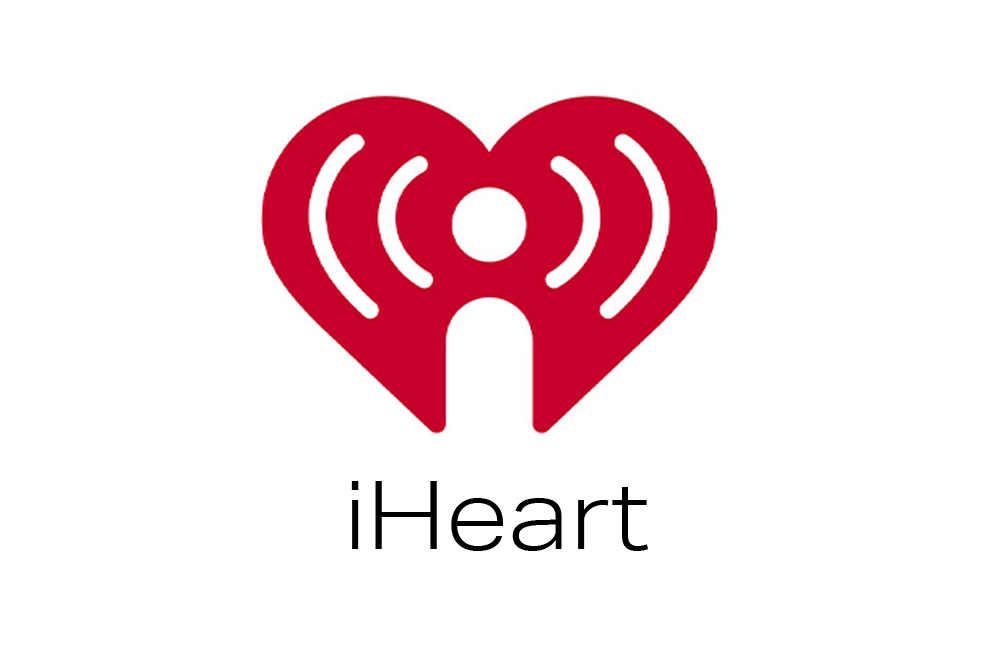Long before medical health insurance became the norm, faith and shared responsibility formed the backbone of healthshare in the U.S. In the late 1600s, when formal hospitals and medical care were scarce, churches and religious communities filled the gap, providing compassionate care not just as a business, but as an act of service.
Today, as more Americans become increasingly frustrated with the cost and complexity of traditional health insurance, many are turning to alternatives grounded in shared responsibility and biblical values.
This post offers a brief look into the history of Christian healthshare programs in America, from their earliest origins to modern-day alternatives.
Faith-Based Care: Where Christian Healthshare Programs Have Their Roots
Christian healthshare programs have their roots in the healing ministry of Jesus. The Gospels describe Him healing “every disease and sickness among the people” (Matthew 4:23), offering care freely and without expectation of payment (Matthew 10:8). This example established a lasting Christian principle: caring for the sick is a moral and spiritual responsibility. The Apostle Paul echoed this in Galatians 6:2, urging believers to “bear one another’s burdens.”
These teachings continue to shape how Christian communities approach healthshare today, forming the foundation of modern healthshare sharing ministries where programs are built not on profit, but on faith, generosity, and shared responsibility.
In early colonial America, healthshare was largely informal and church-led. With formal hospitals nearly nonexistent, local churches and Christian families cared for their communities during illness. Faith-based aid was often the only form of accessible care, especially for the poor.
From Mutual Aid to Ministry Models
Long before modern Christian healthshare programs were formalized, Amish and Mennonite communities practiced mutual aid, voluntarily supporting one another with medical costs. These systems weren’t commercial, regulated, or open to the general public, but they embodied the same spirit of faith-driven care, shared within a close-knit community.
These early models laid the philosophical and practical foundation for the broader healthshare sharing ministries that would emerge decades later.
The Emergence of Healthshare Sharing Ministries
After World War II, the U.S. healthshare landscape changed dramatically. Employer-sponsored insurance became the standard, and hospital care became increasingly institutional.
In the 1980s, healthshare costs began rising sharply. Many Christians, particularly those without employer-sponsored insurance, started looking for alternatives that aligned with both their budget and their beliefs.
This led to the rise of healthshare sharing ministries, or HCSMs. These programs allowed members to contribute a set monthly amount to help cover each other’s medical expenses. They weren’t insurance, but rather communities built on shared values and voluntary generosity.
Among the first were:
- Christian Healthshare Ministries (CHM) – founded in 1981
- Medi-Share (Christian Care Ministry) – launched in 1993
- Samaritan Ministries – established in 1994
Each offered a faith-based approach to healthshare, where members supported one another financially and spiritually, often praying for each other alongside sharing costs.
Recognition and Growth
In 2010, the Affordable Care Act (ACA) formally recognized Christian healthshare programs. Members of qualifying ministries were exempt from the individual insurance mandate, affirming the legitimacy of faith-based sharing as an alternative model.
From fewer than 200,000 members in 2010, these programs have grown to serve over 1.7 million Americans in 2021. For many, they offer a more values-driven, community-oriented way to manage healthshare expenses.
Looking Ahead: Faith-Based Healthshare in the Future
With healthshare costs continuing to rise, more Americans are reconsidering how they access care. For those who align with their values, Christian healthshare programs offer a model rooted in simplicity, community, and spiritual conviction.
Though not a solution for everyone, these ministries are playing a growing role in how people, especially faith-driven families, navigate the healthshare landscape.
A Tradition That Continues to Grow
From churches and families acting on ancient biblical principles in early colonial America to today’s healthsharing ministries, Christian communities have always found ways to care for each other. These programs reflect a long tradition of faith in action, and they’re still evolving to meet the needs of modern life.
Curious about how Christian healthshare works today? Stay tuned — we’ll be covering exactly that in our next post.
If you’d like to learn more about the different programs available through WeShare, speak to one of our dedicated healthshare consultants, or read our guide on choosing the best Christian healthshare program for your needs.
References:
Brown, D. (2024) ‘Introduction to the Healing Ministry of Jesus Christ’, Greenwood Community Church, 12 May. Available at: https://greenwoodcc.com/2024/05/12/introduction-to-the-healing-ministry-of-jesus-christ/ (Accessed: 4 August 2025).
Norris, L. (2023) Overview of Healthcare Sharing Ministries. Verywell Health. Updated 22 October. Available at: https://www.verywellhealth.com/health-care-sharing-ministries-4010207 (Accessed: 4 August 2025).
Pistilli, T. (2021) ‘Health Care Sharing Ministries’, The Actuary Magazine, December. Available at: https://www.theactuarymagazine.org/health-care-sharing-ministries/ (Accessed: 4 August 2025).




